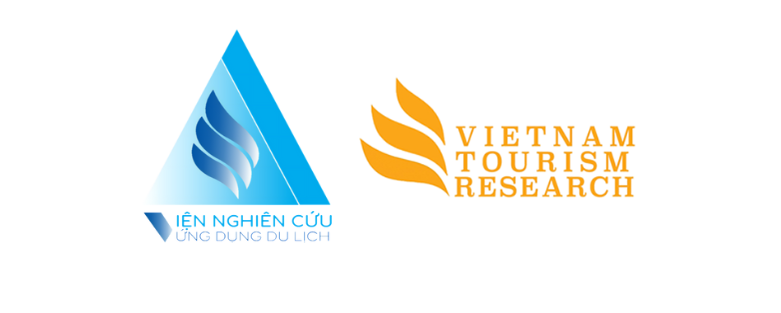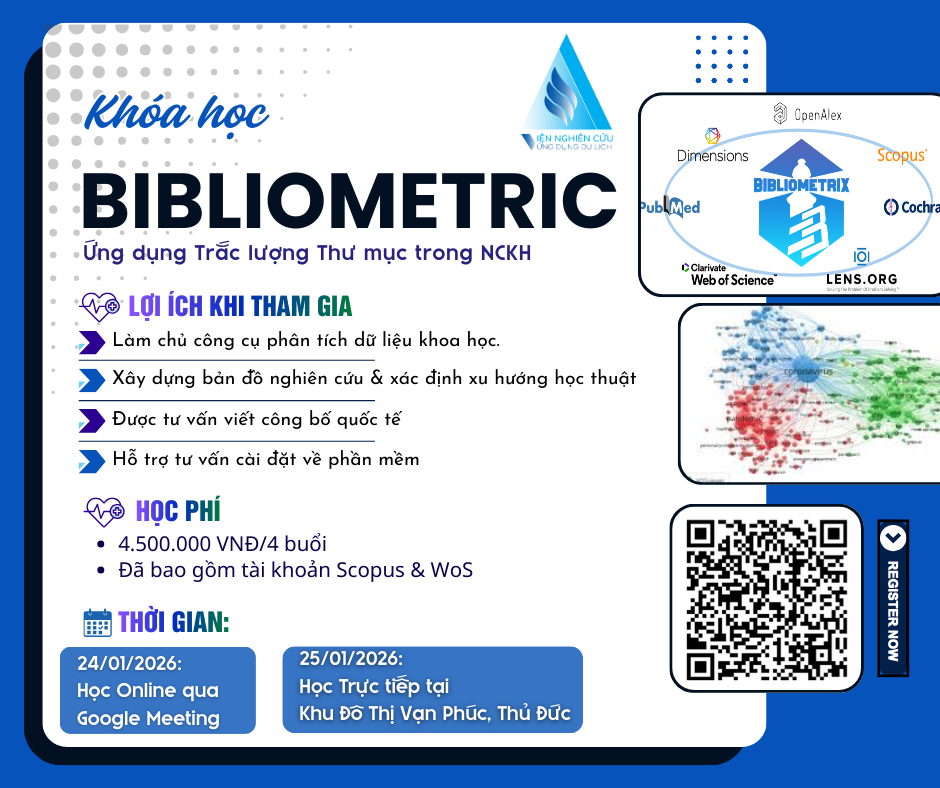This post is also available in:
Tiếng Việt (Vietnamese)
Ho Chi Minh City – A significant symposium was recently held at Ho Chi Minh City University of Culture, organized by the Faculty of Heritage and Ethnic Culture, aimed at reviewing and improving the curriculum of the Ethnic Cultural Studies program in Vietnam. The event brought together experts, businesses, alumni, and representatives from organizations related to culture and community-based tourism (CBT).
The symposium focused on evaluating the competencies of cultural human resources in sustainable tourism development, promoting the linkage between academia, industry, and local communities, and redefining the training model to adapt to the digital age.
Reforming Curriculum Through Practical Orientation
Dr. Trinh Dang Khoa, Chair of the University Council, emphasized that Ethnic Cultural Studies is a specialized program pioneered by the university since 2006. However, the program has faced challenges in student enrollment due to the absence of recognized civil service job titles until 2022, limiting graduates’ career opportunities in the public sector.
In response to the evolving context, the university is expanding its training focus beyond state employment toward the private sector and freelance models. Dr. Khoa proposed a restructured curriculum comprising six specialized modules: Project Management, Heritage Performance, Cultural Tourism, and Ethnic Media and Communication, among others—allowing students to pursue clearer and more practical career paths.
Industry Perspective: Demand for “Ready-to-Work” Graduates
Assoc. Prof. Dr. Quang Dai Tuyen from Nguyen Tat Thanh University shared insights from his successful CBT project Làng Sen Caraih (Ninh Thuan), a Cham cultural village. He advocated for curricula to include more hands-on training, digital skills, innovation capacity, and community engagement skills—key elements for running modern CBT operations.
Ms. Dam Thi Hien, Deputy Director of Dai Tinh Technology Co. and a program alumna, suggested adding practical skillsets such as negotiation, persuasion, project budgeting, and proposal design. She emphasized the private sector’s need for job-ready graduates rather than trainees requiring retraining.
Dr. Thai Vo Hong, CEO of the HCMC Trade Union Tourism Corporation, affirmed the rise of experience-driven tourism, especially CBT. He noted that many ethnic minority communities are eager to develop tourism but lack qualified facilitators. This presents an opportunity for cultural studies graduates to act as cultural consultants at the grassroots level.
Insights from Research and Media Organizations
Mr. Ha Son Bao, Head of Digital Communication & Marketing at the Institute for Applied Tourism Research (RIAT), underscored the growing role of digital media in preserving and promoting ethnic cultures. He emphasized that digital platforms can connect indigenous cultures with niche travelers, creating meaningful and modern experiential encounters.
He also expressed RIAT’s willingness to collaborate with the university in hosting student internships, offering mentoring in digital storytelling, cultural communication, and tourism marketing, thereby bridging research institutions with academic training.
Voices from the Community and Learners
Mr. Tran Tuong Huy, Deputy Director of the Institute for Social Tourism Studies, proposed integrating a matrix of cultural-tourism knowledge into the curriculum. He recommended courses on marketing, product development, and digital technologies to improve the promotion of local cultures. He also stressed the importance of scholarship policies and preferential admissions for ethnic minority students to nurture a generation of local tourism champions.
Venerables Chau Doron (An Giang) and Danh Kim Hoang (Soc Trang) represented Khmer Buddhist temples and highlighted the potential of religious institutions to partner in organizing cultural events for CBT. Their participation affirmed the religious sector’s interest in cultural preservation through tourism.
Alumnus Kimet, of Khmer origin, shared his early struggles due to a lack of contextualized instruction. He urged lecturers to tailor content to each ethnic group’s reality to better equip students with confidence and field-ready knowledge.
Dr. Huynh Cong Duan, Deputy Head of the Faculty of Cultural Management, emphasized the need to strengthen extracurricular fieldwork, including organizing events in students’ home communities. He cited successful alumni like Dinh A Ngươi (founder of K’Bang CBT village) and Cha Phuong Tran (a Cham culture YouTuber) as inspirational examples.
Dr. Nguyen Thi Thuy Ngan, Deputy Head of the Faculty of Tourism, stated that culture serves as a “soft resource” for sustainable tourism. She reiterated the critical role of ethnic cultural students in shaping authentic tourism products, given that they are part of the very communities being represented.
Mr. Dang Thanh Hieu, Head of Ethnic and Religious Affairs in Long Khanh City (Dong Nai province), recounted a five-year collaboration with the university involving student training, internships, and cultural festivals.
He highlighted the Sayangva Festival of the Chau Ro people—recognized as a national intangible heritage—as an outcome of such effective university-local cooperation.
Community representative Mr. Truong Thanh shared his personal efforts to form a Chau Ro Gong Ensemble in Long Khanh, noting the challenges in sustaining it due to limited resources. He called for more tangible support from universities to help students actively engage with and revitalize living culture in their home communities.
The Tripartite Model: Academia – Industry – Community
The symposium underscored a shared understanding: to sustainably preserve and develop ethnic cultures, training programs must be flexible, practice-oriented, digitally enabled, and responsive to real-world needs. Strong collaboration between universities, businesses, and communities is essential not only for enhancing the quality of human resources but also for creating livelihoods and resilience among ethnic populations.











